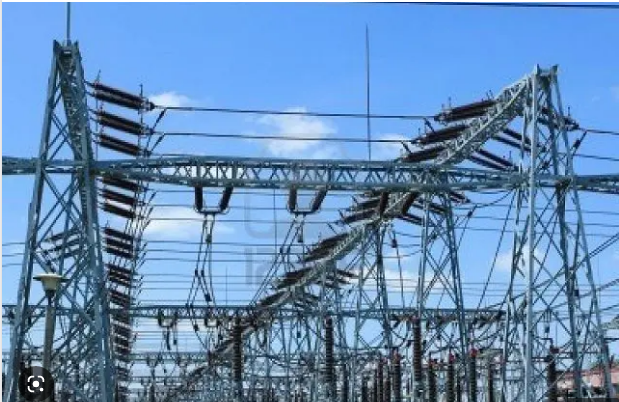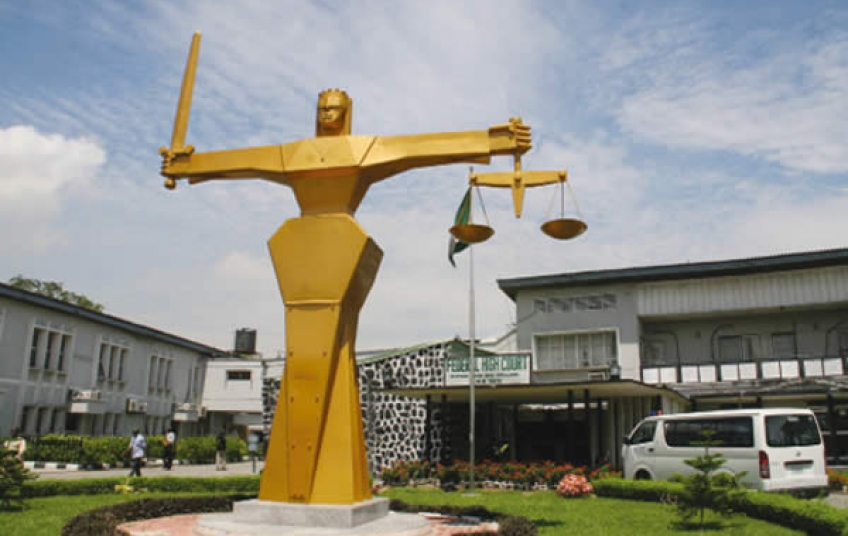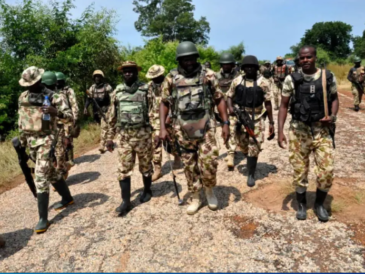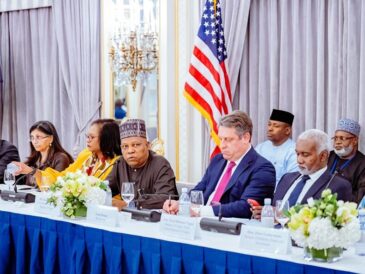Abuja, June 16, 2024 -The Independent Media and Policy Initiative (IMPI) has justified the new tariff for Nigeria’s top end electricity consumers, but does not think the authorities are doing enough to communicate with Nigerians.
In a policy statement signed by its Chairman Niyi Akinsiju, the Policy Think tank noted that there is a need for Nigerians to know that years of little or no investment in the power value chain had created a major challenge for the sector.
IMPI said: “The crux of the matter is bridging the historically huge gap between demand and supply of electric power to the people. This necessitates the need for investment, not just of the common place quantum, but of the hefty sort.
“This must have compelled the declared goal of the Minister of Power, Adebayo Adelabu, who in September 2023, noted that the Federal Government, in a bid to boost electricity generation, is planning a $20bn investment injection to the national grid in form of creation of new power plants and invigorating the transmission lines.
“According to him, ‘The Nigerian government is actively advancing the power sector through various measures. With a $20 billion investment plan, new power plants and transmission lines are set to be established to boost power generation and grid stability to attain at least 20,000 megawatts of electricity generation in the next three years.’
“The Minister further informed, and we agree, that the mid – and long-term power generation targets of 30,000MW by 2030 and 60,000MW by 2060 is achievable. He said enough investments must be made to not only generate power but also on how to transmit same to end users.
“Coming on the back of the Minister’s position, we are of the strong opinion that the Minister is highly persuaded and shares the same belief in the industry as earlier articulated by President Bola Ahmed Tinubu to ramp up electric power generation and distribution up to 20,000 megawatts.
“This targeted figure should ordinarily sound pleasing to the beleaguered ears of the vast number of Nigerians that had, over the years, been deprived of the basic comfort of life that should be enabled by regular electricity supply.
“The same applies to entrepreneurs who have had to commit more than 30 per cent of their operating costs on funding alternative power sources for their production activities.
“Nevertheless, there appears to be no grand enthusiasm to the warm prospect of increased power supply as enunciated by the Minister of Power because, as we observe, there is an active resistance to his good prognosis.
“At the heart of the 20,000 megawatts goal is the requirement for a huge investment outlay in the electricity supply industry which should be expected.
“But on the back of the vision to crystallise this huge investment outlay is the need to increase tariff rates, so that they can be cost reflective.”
The policy think-tank blamed the inability of Nigerians to key into the government plan on poor messaging and also urged the authorities to justify the 20-hour plus daily benchmark for power supply to top- end electricity consumers affected by the tariff hike.
“We have continued to observe increasing belligerence in the reaction of many Nigerians outside the Band A class of consumers against the increase in the tariff rate as it affects those classified as Band A.
“We are of the opinion that there is a lack of appropriate communication strategy to talk directly to these other classes of electricity consumers to better comprehend and appreciate the subsidy inbuilt into the Band A consumers’ bill which is for the purpose of sustaining their own access to the national grid.
“We also frown at the extent of the effectiveness of the condition precedent to the Band A’s rate increase which is premised on availing subscribers in that band of at least up to 20 hours of power supply in a day.
“We have received several complaints indicating daily shortfalls in this supply threshold.
“We, thereby, admonish the concerned authorities to justify the 20 hours of electricity supply a day condition for the increased rate to address possible trust issues among the larger populace,” it noted.
The policy group provided data to show that majority of Nigerians have continued to enjoy some of the cheapest electricity tariffs in the world but also canvassed lower tariffs for manufacturers.
“It should be noted that Nigeria’s household electricity tariff at $0.02 per kilowatt hour is one of the cheapest rates in the world. This is the rate still charged 85 per cent of electricity consumers in Bands B-E.
“This compares to the $0.53 per kilowatt hour paid by individual electricity consumers in Ireland and the $0.22 charged consumers in Kenya.
“We attest to the use of discriminatory tariff pricing to subsidize a targeted class or to incentivize it. This is especially so for industrial and agriculture users.
“We, thus, canvass for the adoption of the variation of the Increasing Block Tariffs that had been adopted by some low- and middle-income countries that have prioritized their industrial growth, in which the industrial and commercial tariffs are lower than residential tariffs, for instance, Argentina, Peru, Indonesia, Vietnam, Columbia, South Africa, Morocco and Kenya.
“Even some African countries like Mali, Rwanda and Togo with low income per capita, prefer productive business activities more by charging a lower tariff than household electricity tariff,” it added. (GBN)





